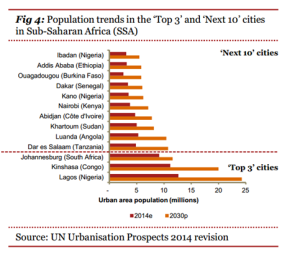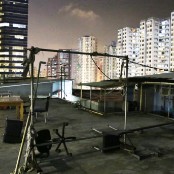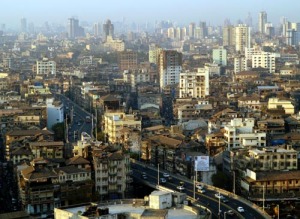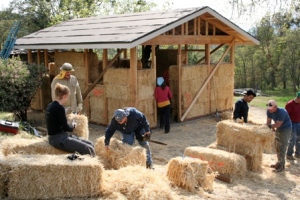Barbara Speed ~10 African Cities Whose Economic Importance Will Triple By 2030
 January 2015. Global Economy Watch, a monthly report released by PwC, usually leads with stories on US employment figures or an analysis of the Eurozone crisis. In August, though, it turned its attention to a more neglected part of the world, running an article titled, “Africa: Growth is on the horizon but where should you look?”
January 2015. Global Economy Watch, a monthly report released by PwC, usually leads with stories on US employment figures or an analysis of the Eurozone crisis. In August, though, it turned its attention to a more neglected part of the world, running an article titled, “Africa: Growth is on the horizon but where should you look?”
The audience for such reports are the senior executives (CEOs, CFOs and COOs) referred to as occupants of “the C-suite”. Most of these guys haven’t spent a great deal of time thinking about sub-Saharan Africa’s potential as an investment target. But, it turns out, they should.
Read more: http://www.citymetric.com/10-african-cities



